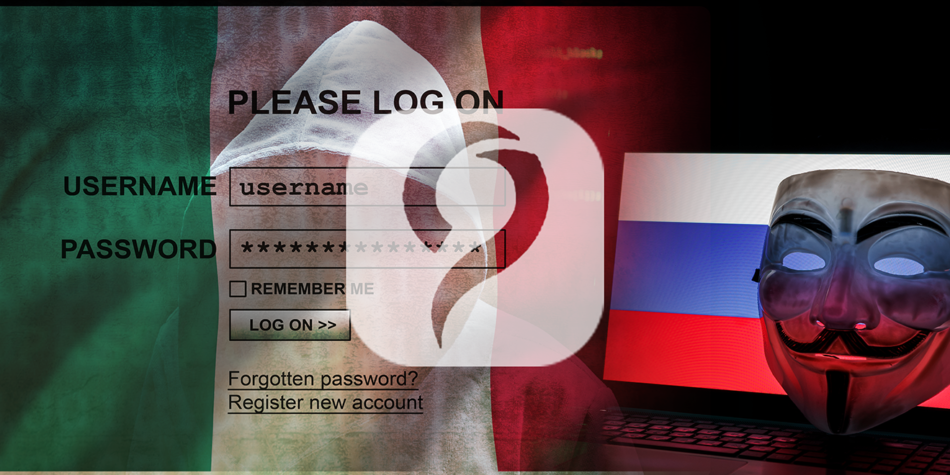INVESTIGATORS BELIEVE PRO-RUSSIAN GROUPS ARE BEHIND THE ATTACK.
Among those hit by the malware are websites operated by Italian parliament, military, Defense Ministry, Senate and National Health Institute.
A pro-Russian group of hackers, Killnet, has claimed responsibility for the attack. The same group has also claimed responisibility for attacks on German government portals. Maximilian Kall, a spokesman for Interior Ministry, has confirmed the attacks but he also said that the attacks were repelled with full force and no data leak was reported. Der Spiegel, the news magazine, first broke the news saying that the attacks were aimed at Defense Ministry, the Bundestag, several police departments and federal police.
The conflict in Ukraine has contributed toward increased attacks on both sides. Anti-Russian hackers have taken it upon themselves to launch intermittent attacks on Russian government organizations, including the Kremlin, banks and financial institutions. Western governments are on high alert anticipating retaliatory attacks by state-sponsored groups and individuals sympathetic to Russian regime.
Intelligence agents of Romania disclosed last month that Killnet targeted Romanian government websites in retaliation to Bucharest’s support to Ukranian causes. The same group has launched attacks on official websites of the US, Czech Republic, Poland, and Estonia besides some other NATO member states. The apparent reason is to put across a message that any ill intent toward Russia will be dealt with a harsh response.
The attack on Italy’s key organizations and businesses was massive in scale. It affected various government bodies besides the Automobile Club d’Italia and many more institutions. Yet the attack was far less in intensity and destructive power than the one launched on Romania. The Killnet hacking group claimed responsibility for all the attacks and warned that more such attacks will follow soon.
National Cybersecurity Agency, responsible for providing security related solutions to Italy’s IT installations, avoided all attempts my media sources to elicit a response, but the president of Italian senate, Maria Elisabetta Alberti Casellati, informed her countrymen that the attack did not cause any substantial damage to the parliament’s website nor was any sensitive data stored on the systems stolen or copied. In her tweet, she stated, “No damage from the attack which involved the external network of the Senate. Thanks to the technicians for the immediate intervention. These are serious episodes which should not be underestimated. We will continue to keep our guard up.”
Killnet’s specialty is in Distributed Denial of Service (DDoS) attacks. The hackers try to paralyze servers with a flood of data which increases the traffic and slows down the servers. As a result, users are often unable to access the website or perform the intended tasks.


